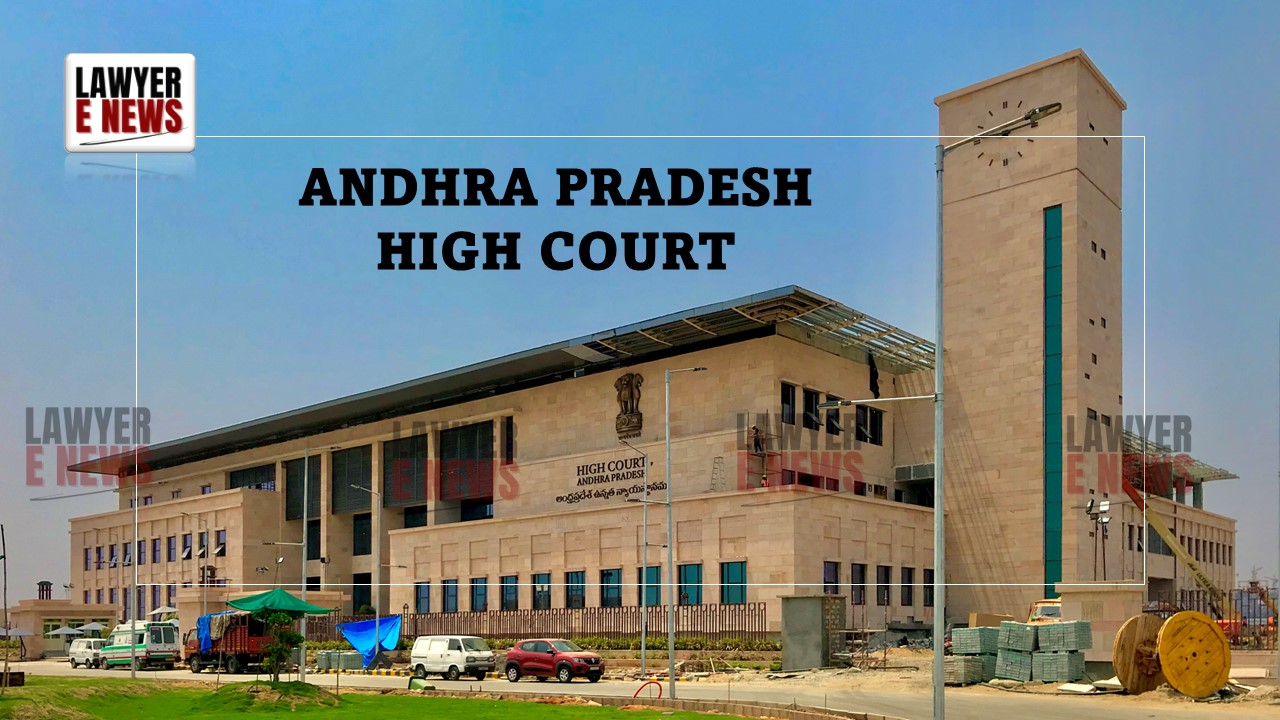-
by Admin
15 February 2026 5:35 AM



Andhra Pradesh High Court delivered a significant ruling in Voleti Venkata Narayana v. Special Tahsildar & Others, addressing the State's failure to compensate a landowner for over 42 years after acquiring his land for a public project. The court directed the government to recalculate the compensation based on current market value and ordered immediate payment of the original compensation with interest. The case highlights a gross delay in justice and violation of the landowner’s rights under Article 300-A of the Constitution.
The appellant, Voleti Venkata Narayana, owned 0.87 acres of land in Tadinada Village, Kalidindi Mandal, Krishna District, which was acquired by the State for the construction of the Upputeru drain under a notification issued on March 10, 1977, pursuant to the Land Acquisition Act, 1894. Although possession of the land was taken in February 1982, Narayana never received the awarded compensation of ₹5,003. Despite seeking enhancement in line with compensation awarded to other landowners, the State ignored his requests for decades. He eventually filed a writ petition in 2009, which led to the current appeal following a lower court's inadequate judgment in 2023.
The key legal issue was the State’s prolonged failure to pay compensation and whether Narayana was entitled to recalculated compensation under the revised land acquisition laws. The appellant contended that the State's inaction constituted an egregious violation of his right to property under Article 300-A of the Constitution.
The court observed that, despite taking possession of the land over four decades ago, the State had not only failed to compensate Narayana but also neglected his requests for enhanced compensation in line with other affected landowners. It emphasized that this neglect represented a severe breach of the State's obligations under the Land Acquisition Act and the Constitution.
The court further highlighted that the appellant, now 81 years old and bedridden, had suffered immense personal and financial hardship due to the State’s inaction. The court stated, "The trauma a marginal farmer suffers when his source of livelihood is taken away is not something which can be compensated by mere money."
The High Court ruled in favor of Narayana, ordering the State to re-determine the compensation based on the current market value of the land. The court set a deadline of four months for the payment of the revised compensation and further ordered immediate payment of the original ₹5,003 compensation with 9% interest from February 16, 1982, within three weeks. The court warned that failure to comply with these timelines would be treated as a violation of the court’s order.
The court invoked Article 226 of the Constitution, noting that it was imperative for the judiciary to step in when the State’s failure was "so shocking to the judicial conscience." The court condemned the prolonged denial of compensation as a grave injustice, particularly given the appellant’s age and health.
The Andhra Pradesh High Court's ruling is a strong rebuke of the State's failure to uphold its obligations under the land acquisition laws. It underscores the need for timely and fair compensation to landowners and highlights the importance of judicial intervention when fundamental rights are egregiously violated.
Date of Decision: September 25, 2024
Voleti Venkata Narayana v. The Special Tahsildar and Others.
